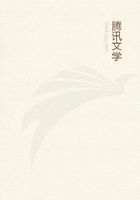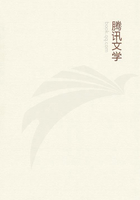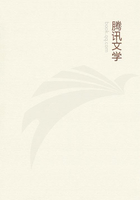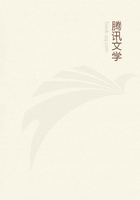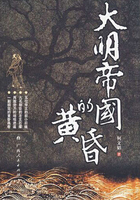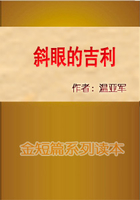Morality is not at all interested in the question. But morality is deeply interested in this, that what is immoral shall not be presented to the imagination of the young and susceptible in constant connection with what is attractive. For every person who has observed the operation of the law of association in his own mind and in the minds of others knows that whatever is constantly presented to the imagination in connection with what is attractive will itself become attractive. There is undoubtedly a great deal of indelicate writing in Fletcher and Massinger, and more than might be wished even in Ben Jonson and Shakspeare, who are comparatively pure. But it is impossible to trace in their plays any systematic attempt to associate vice with those things which men value most and desire most, and virtue with every thing ridiculous and degrading. And such a systematic attempt we find in the whole dramatic literature of the generation which followed the return of Charles the Second. We will take, as an instance of what we mean, a single subject of the highest importance to the happiness of mankind, conjugal fidelity. We can at present hardly call to mind a single English play, written before the civil war, in which the character of a seducer of married women is represented in a favourable light. We remember many plays in which such persons are baffled, exposed, covered with derision, and insulted by triumphant husbands. Such is the fate of Falstaff, with all his wit and knowledge of the world. Such is the fate of Brisac in Fletcher's Elder Brother, and of Ricardo and Ubaldo in Massinger's Picture. Sometimes, as in the Fatal Dowry and Love's Cruelty, the outraged honour of families is repaired by a bloody revenge. If now and then the lover is represented as an accomplished man, and the husband as a person of weak or odious character, this only makes the triumph of female virtue the more signal, as in Johnson's Celia and Mrs.
Fitzdottrel, and in Fletcher's Maria. In general we will venture to say that the dramatists of the age of Elizabeth and James the First either treat the breach Of the marriage-vow as a serious crime, or, if they treat it as matter for laughter, turn the laugh against the gallant.
On the contrary, during the forty years which followed the Restoration, the whole body of the dramatists invariably represent adultery, we do not say as a peccadillo, we do not say as an error which the violence of passion may excuse, but as the calling of a fine gentleman, as a grace without which his character would be imperfect. It is as essential to his breeding and to his place in society that he should make love to the wives of his neighbours as that he should know French, or that he should have a sword at his side. In all this there is no passion, and scarcely anything that can be called preference. The hero intrigues just as he wears a wig; because, if he did not, he would be a queer fellow, a city prig, perhaps a Puritan. All the agreeable qualities are always given to the gallant. All the contempt and aversion are the portion of the unfortunate husband.
Take Dryden for example; and compare Woodall with Brainsick, or Lorenzo with Gomez. Take Wycherley; and compare Horner with Pinchwife. Take Vanbrugh; and compare Constant with Sir John Brute. Take Farquhar; and compare Archer with Squire Sullen. Take Congreve; and compare Bellmour with Fondlewife, Careless with Sir Paul Plyant, or Scandal with Foresight. In all these cases, and in many more which might be named, the dramatist evidently does his best to make the person who commits the injury graceful, sensible, and spirited, and the person who suffers it a fool, or a tyrant, or both.
Mr. Charles Lamb, indeed, attempted to set up a defence for this way of writing. The dramatists of the latter part of the seventeenth century are not, according to him, to be tried by the standard of morality which exists, and ought to exist in real life. Their world is a conventional world. Their heroes and heroines belong, not to England, not to Christendom, but to an Utopia of gallantry, to a Fairyland, where the Bible and Burn's justice are unknown, where a prank which on this earth would be rewarded with the pillory is merely matter for a peal of elvish laughter. A real Homer, a real Careless, would, it is admitted, be exceedingly bad men. But to predicate morality or immorality of the Horner of Wycherley and the Careless of Congreve is as absurd as it would be to arraign a sleeper for his dreams. "They belong to the regions of pure comedy, where no cold moral reigns.
When we are among them we are among a chaotic people. We are not to judge them by our usages. No reverend institutions are insulted by their proceedings, for they have none among them. No peace of families is violated, for no family ties exist among them. There is neither right nor wrong, gratitude or its opposite, claim or duty, paternity or sonship."
This is, we believe, a fair summary of Mr. Lamb's doctrine. We are sure that we do not wish to represent him unfairly. For we admire his genius; we love the kind nature which appears in all his writings; and we cherish his memory as much as if we had known him personally. But we must plainly say that his argument, though ingenious, is altogether sophistical.

